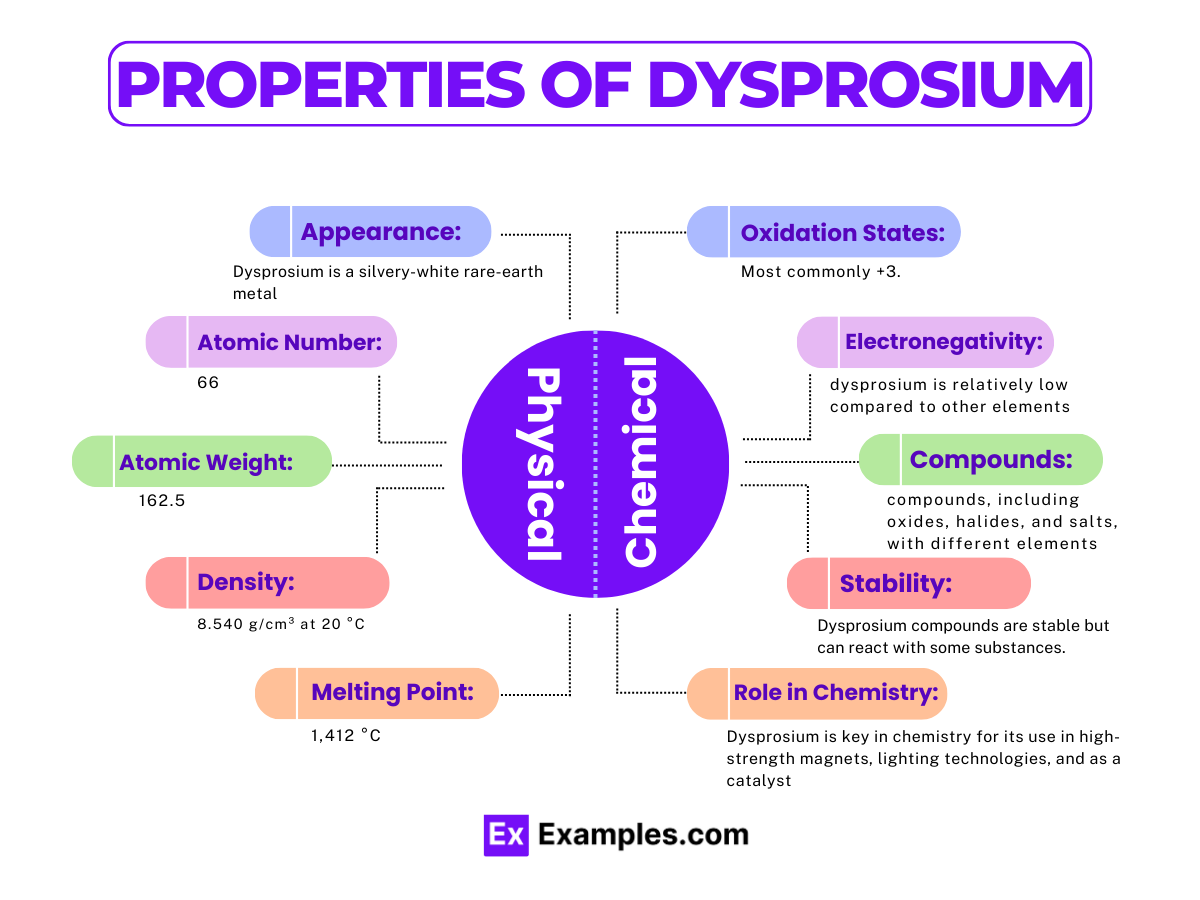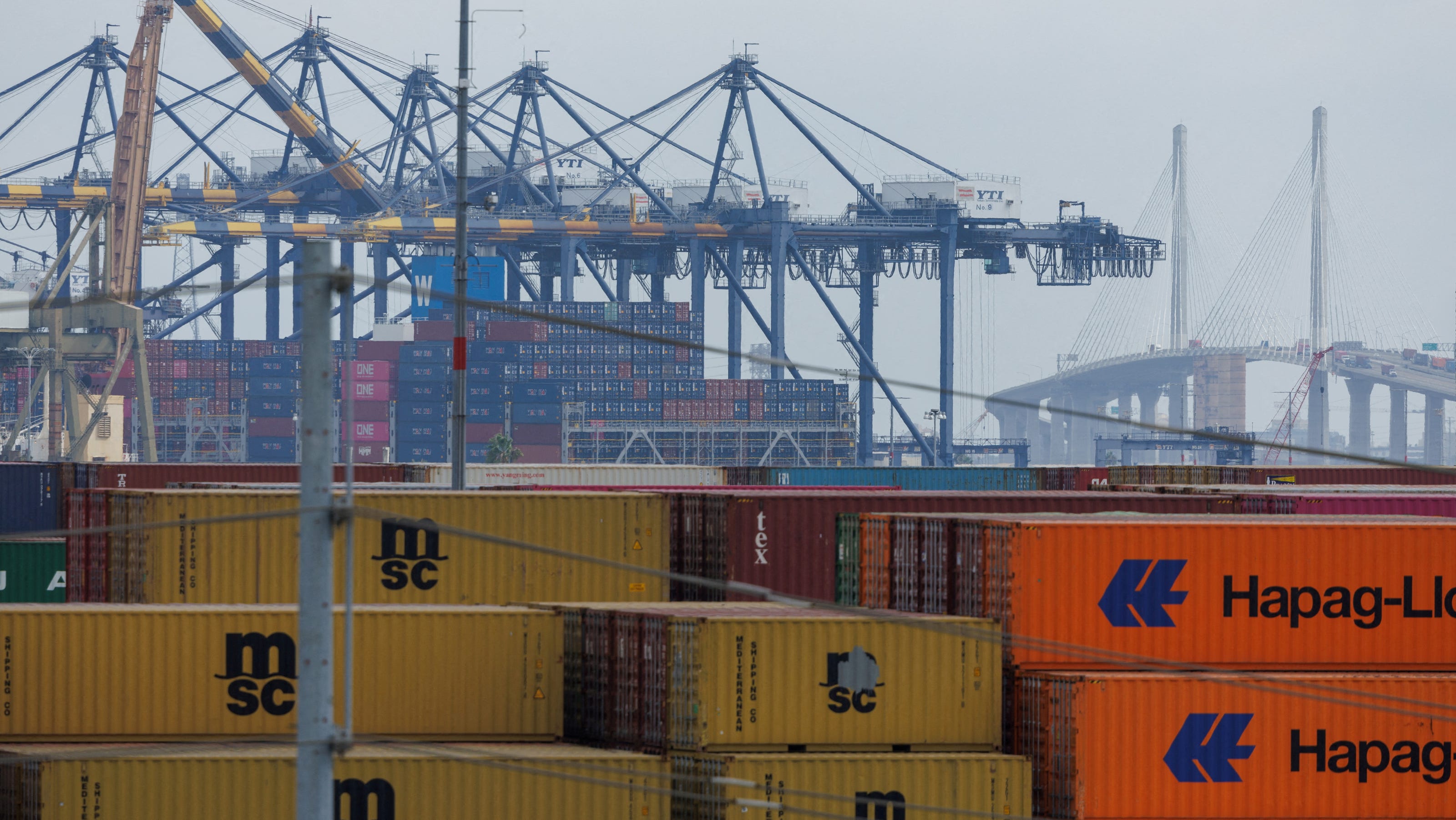Chicago's Empty Office Towers: The Heart Of The Real Estate Meltdown

Table of Contents
The Rise of Remote Work and its Impact on Chicago's Office Market
The shift towards remote and hybrid work models has profoundly impacted the demand for traditional office space in Chicago. This change is a primary driver behind the increasing number of Chicago empty office towers.
Decreased Demand for Office Space:
The transition to remote work has led to a noticeable decrease in demand for office space. This is evident in several key ways:
- Companies downsizing office footprints: Many businesses are reducing their office space to reflect the reduced need for in-person work. This directly contributes to the rise in vacant office buildings.
- Employees preferring flexible work arrangements: The preference for hybrid or fully remote work arrangements has resulted in underutilized office space, even in buildings that are not completely empty. This underutilization represents a significant financial burden for building owners.
- Subleasing and office space consolidation: Businesses are increasingly subleasing excess space or consolidating operations into smaller offices, further adding to the vacancy rate.
- Long-term leases becoming a financial burden: Companies locked into long-term leases are finding themselves paying for significantly more space than they need, impacting their bottom line and potentially leading to financial difficulties.
The Changing Landscape of the Chicago Commercial Real Estate Market:
The decreased demand for office space has significantly impacted the Chicago commercial real estate market, resulting in:
- Decreased rental income: High vacancy rates mean lower rental income for building owners, creating financial strain and impacting their ability to maintain and improve their properties.
- Property values declining: The oversupply of office space is directly impacting property values, with a downward trend observed in many areas of the city. This decline affects not just building owners but also the city's overall tax base.
- Increased competition amongst landlords: Landlords are now competing fiercely for tenants, often leading to concessions such as reduced rental rates and extended lease terms. This competitive pressure is pushing rental rates downward.
- Potential for foreclosures and distressed property sales: As the financial strain on building owners increases, the risk of foreclosures and distressed property sales is becoming a significant concern.
Economic Factors Contributing to the Empty Office Tower Crisis
The surge in Chicago empty office towers isn't solely attributable to remote work. Broader economic factors also play a significant role.
The Economic Downturn's Role:
The current economic climate has further exacerbated the challenges facing Chicago's office market. Key contributing factors include:
- Inflation and rising interest rates: Increased interest rates make borrowing more expensive, impacting businesses' ability and willingness to invest in commercial real estate.
- Reduced economic activity: A slowdown in economic activity leads to decreased demand for office space, as businesses postpone expansion plans or even downsize.
- Businesses facing financial constraints: Many companies are facing cost-cutting pressures, and reducing office space is often viewed as a necessary measure.
- Uncertainty in the market: The current economic uncertainty is making businesses hesitant to commit to long-term office leases, opting for more flexible arrangements instead.
Competition from Suburban Office Parks and Other Cities:
Chicago also faces competition from other locations vying for businesses and workers.
- Suburban office parks offering lower rent and improved amenities: Suburban office parks often offer lower rental rates and better amenities, making them an attractive alternative to downtown Chicago.
- Other cities attracting businesses with more favorable tax incentives or a stronger talent pool: Cities outside of Illinois may offer more appealing tax incentives or access to a larger talent pool, drawing businesses away from Chicago.
- Increased competition for tenants impacting Chicago's office market negatively: The overall increase in available office space across various locations creates a more competitive landscape, resulting in negative pressure on Chicago's office market.
Potential Solutions and Future Outlook for Chicago's Office Towers
Addressing the issue of Chicago empty office towers requires a proactive and multifaceted approach.
Repurposing and Redevelopment Strategies:
Innovative strategies are crucial to revitalizing vacant office spaces:
- Converting office buildings into residential units or mixed-use developments: Transforming office buildings into residential apartments or mixed-use developments can create a more vibrant and diverse urban landscape.
- Creating co-working spaces and flexible office solutions: Providing flexible office options can cater to the changing needs of businesses and attract a wider range of tenants.
- Investing in building upgrades to attract modern tenants: Modernizing buildings with updated amenities and technologies can enhance their appeal and competitiveness.
- Implementing smart building technologies to enhance efficiency and appeal: Smart building technologies can improve efficiency, reduce costs, and attract tenants seeking sustainable and modern workplaces.
Government Initiatives and Policy Changes:
Government intervention can play a critical role in supporting market recovery:
- Tax incentives to encourage redevelopment projects: Offering tax incentives can make redevelopment projects more financially viable and attractive to investors.
- Infrastructure improvements to enhance the appeal of certain areas: Investing in infrastructure improvements can enhance the attractiveness and accessibility of certain areas, boosting demand for office space.
- Funding programs to assist struggling businesses: Providing financial assistance can help businesses stay afloat and retain their office space.
- Policy changes to support flexible work arrangements while maintaining a vibrant city center: Policy changes that support flexible work arrangements while also promoting a vibrant city center are essential for a balanced approach.
Conclusion
The increase in Chicago empty office towers is a complex issue arising from a combination of remote work adoption, economic pressures, and competition from other areas. Effectively addressing this challenge needs a comprehensive strategy including innovative redevelopment, government support, and adaptation to the modern workplace's evolving needs. Ignoring the problem of Chicago empty office spaces will only worsen the situation. A collaborative effort is crucial to revitalize this vital sector and ensure the future of Chicago's real estate market. Let's work together to find solutions for the growing number of empty office buildings in Chicago.

Featured Posts
-
 Ftc Probe Into Open Ai Implications For Chat Gpt And Ai Development
Apr 29, 2025
Ftc Probe Into Open Ai Implications For Chat Gpt And Ai Development
Apr 29, 2025 -
 The Rise Of Wildfire Betting A Reflection Of Our Times
Apr 29, 2025
The Rise Of Wildfire Betting A Reflection Of Our Times
Apr 29, 2025 -
 Obstacles To Producing All American Products
Apr 29, 2025
Obstacles To Producing All American Products
Apr 29, 2025 -
 The Critical Role Of Dysprosium In Electric Vehicle Motors And Its Supply Chain Challenges
Apr 29, 2025
The Critical Role Of Dysprosium In Electric Vehicle Motors And Its Supply Chain Challenges
Apr 29, 2025 -
 Humanitarian Crisis In Gaza Demand For Israel To Lift Aid Restrictions
Apr 29, 2025
Humanitarian Crisis In Gaza Demand For Israel To Lift Aid Restrictions
Apr 29, 2025
Latest Posts
-
 Albertas Economic Outlook Analyzing The Dow Project Delay
Apr 29, 2025
Albertas Economic Outlook Analyzing The Dow Project Delay
Apr 29, 2025 -
 Economists Predict Rate Cuts Amidst Weak Retail Sales
Apr 29, 2025
Economists Predict Rate Cuts Amidst Weak Retail Sales
Apr 29, 2025 -
 The Impact Of Tariffs Dows Delayed 9 Billion Alberta Project
Apr 29, 2025
The Impact Of Tariffs Dows Delayed 9 Billion Alberta Project
Apr 29, 2025 -
 Canadian Tariffs Dows Alberta Megaproject Suffers Significant Delays
Apr 29, 2025
Canadian Tariffs Dows Alberta Megaproject Suffers Significant Delays
Apr 29, 2025 -
 Is Willie Nelsons Relentless Touring Taking A Toll On His Health
Apr 29, 2025
Is Willie Nelsons Relentless Touring Taking A Toll On His Health
Apr 29, 2025
